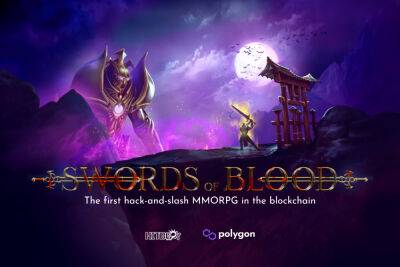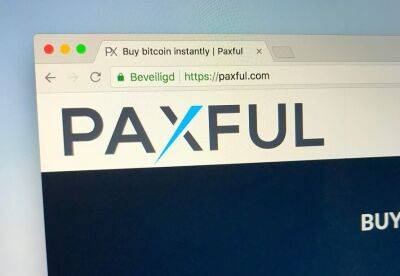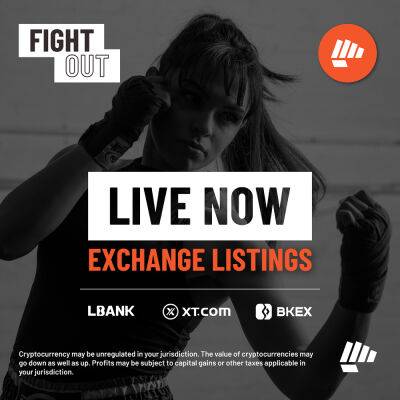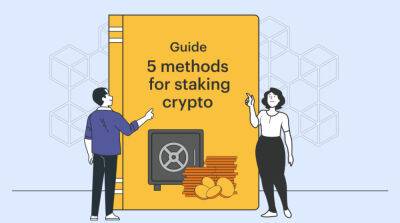Nigerian crypto investors question central bank's decision to flag p2p users
Nigerian crypto investors using peer-to-peer (P2P) services have expressed concerns about the Central Bank of Nigeria (CBN) flagging their bank accounts. CBN's decision to flag accounts is believed to be in relation to the near $6.3 million (2.9 billion nairas) Flutterwave hack, as the bank accounts have yet-to-be-proven affiliations with the hack.
According to local news sources, on February 19, 2023, Albert Onimole, legal counsel for Flutterwave, a Nigerian fintech company, allegedly reported a case to the Deputy Commissioner of Police, in Yaba, Lagos, of almost $6.5 million (3 billion nairas) that had been illegally transferred from the accounts of his client.
On February 27th, a motion ex-parte was filed and granted in support of Flutterwave's claims. According to the motion, 107 accounts, including their fifth beneficiaries, will be put on lien/Post-No-Debit (PND). So far, some of the locals have confirmed that their accounts have been frozen in connection to the hack.
The situation has gone on to discourage P2P users from interacting with the various over-the-counter (OTC) — markets that allow trading of securities between two counterparties executed outside of formal exchanges and without the supervision of an exchange regulator, as the hacked sum flowed into the Nigeria crypto market on different OTCs and users now have problems with financial intermediaries when they want to use P2P services for crypto transfe.
Investors across the world use P2P as a medium of direct exchange of crypto between parties without the involvement of a central authority. They may choose to swap cryptocurrencies for cryptocurrencies or crypto for cash. In 2021, the CBN announced a regulation that prevented financial institutions like banks
Read more on cointelegraph.com












![Breakout or retracement? Where does Bitcoin [BTC] head next - ambcrypto.com](https://gocryptonft.com/storage/thumbs_400/img/2023/4/5/92891_iso0n.jpg)






